Profiles
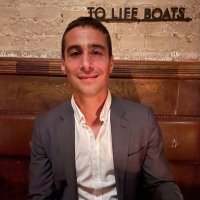
Aaron Mate
Organisation: No organisation
Bio: Along with Greyzone Aaron pushes back on the US imperialism oriented western press occasionally referencing China.
Social Media: Link
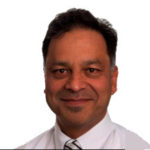
Abul Rizvi
Organisation: No organisation
Bio: Dr Abul Rizvi is an Independent Australia columnist and former Deputy Secretary of the Department of Immigration. He was awarded the Public Service Medal and the Centenary Medal for services to the development and implementation of immigration policy, including in particular the reshaping of Australia’s intake to focus on skilled migration.
Social Media: Link

Adam Segal
Organisation: No organisation
Bio: Adam Segal (born September 29, 1968) is an American cybersecurity expert. He serves as the Ira A. Lipman Chair in Emerging Technologies and National Security and Director of the Digital and Cyberspace Policy Program at the Council on Foreign Relations. He is the author of three monographs on technology.
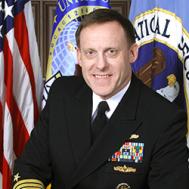
Admiral Michael S. Rogers
Organisation: No organisation
Bio: Michael S. Rogers is a retired four-star admiral of the United States Navy. Rogers served as the second commander of the United States Cyber Command from April 2014 to May 2018 while concurrently serving as the 17th director of the National Security Agency and as chief of the Central Security Service. Rogers believes that geopolitics is increasingly intertwined with global economics and business decision-making. Governments are taking more aggressive roles in regulatory and economic matters, expanding the definition of national security to include economic dimensions. This shift demands greater understanding of global dynamics from the business community. Rogers highlights the importance of multinational cooperation in addressing conflicts, as demonstrated by the coordinated response to Russia’s invasion of Ukraine. However, he warns that a similar approach would be more challenging with China due to deeper economic ties and differing global consensus. He views the integration of commercial and civil sectors into conflicts—such as the use of commercial technology in Ukraine—as a significant shift in modern warfare. Rogers also stresses that military conflict often spirals out of control, making it a last-resort option. On U.S.-China relations, Rogers sees growing geopolitical risks, especially concerning Taiwan and provocative actions in international waters. He urges business leaders to engage with governments to share their perspectives and navigate the increasing overlap of national security and economic policies. Finally, he acknowledges that the current geopolitical climate, particularly with China and Russia, is unlikely to improve soon, urging caution and strategic collaboration to manage risks effectively.

Adrian Glamorgan
Organisation: No organisation
Bio: Born in South Wales, Adrian’s early connection to nature and Celtic spirituality shaped his lifelong commitment to justice, peace, and environmentalism. After moving to Australia, he studied law and history, worked in social justice, trade unions, and conservation, and later found a spiritual home with the Quakers. He teaches Governance, Law, and Ethics, advocates for nuclear abolition, and serves as Secretary of FWCC Asia-West Pacific, promoting peacebuilding and climate action. Adrian lives with his wife, Elizabeth, and recently became a grandfather, continuing his journey of faith, activism, and community-building.
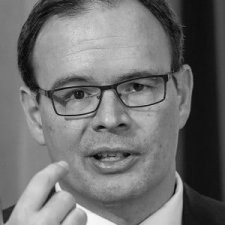
Adrian Zenz
Organisation: No organisation
Bio: Zenz is a born-again Christian and has stated that he feels \"led by God\" in his research on Chinese minority groups. He co-authored a book in 2012 with his father-in-law Marlon L. Sias titled \"Worthy to Escape: Why All Believers Will Not Be Raptured Before the Tribulation\".
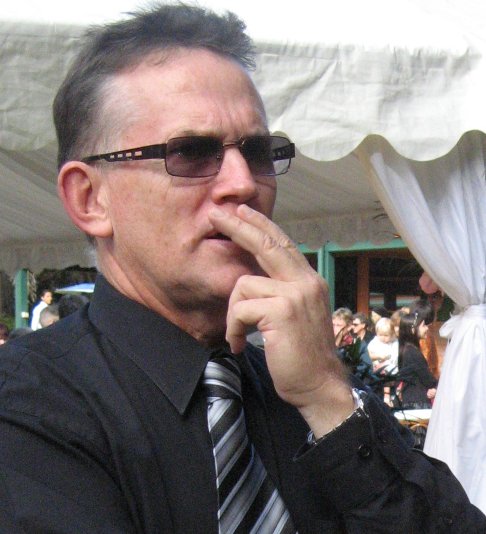
Andrew John Westerman
Organisation: No organisation
Bio: My journey from a deeply ingrained anti-China perspective, shaped by Cold War era narratives and conservative media, to a more nuanced understanding of the country is the driving force behind this website. Early in life, I was exposed to a steady stream of anti-communist propaganda, portraying China as a threat to the Western world. This narrative was reinforced by media coverage of events like the Tiananmen Square protests and the Hong Kong protests, often presented with a strong anti-China bias. However, his perspective began to shift through a combination of personal experiences, critical thinking, and exposure to alternative sources of information. My engagement with YouTubers like Daniel Dumbrill and Carl Zha provided valuable insights into Chinese society and challenged the dominant Western narratives. Exploring Chinese history through sources like the documentary series "From Yao to Mao" deepened the author's understanding of China's past and present. Observing the biased and often sensationalized coverage of events like the Hong Kong protests led me to question the credibility of mainstream media narratives. This journey highlights the importance of critical thinking, seeking diverse perspectives, and engaging with information from multiple sources to develop a nuanced understanding of complex issues. It also underscores the influence of media narratives and the potential for these narratives to shape public perception and influence political discourse.
Social Media: Link
Brian Berletic
Organisation: No organisation
Bio: Brian is a prolific Youtuber producing content pushing back on US imperialism focusing on South East Asia and China. NULL NULL 5
Social Media: Link
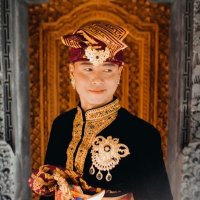
Carl Zha
Organisation: No organisation
Bio: Born in China Carl lived for some time in the US before moving to Bali where he has a partner and son and lots of dogs.
Social Media: Link

David Brophy
Organisation: No organisation
Bio: His first book Uyghur Nation 2016 is on the politics of Uyghur nationalism between China and the Soviet Union in the early twentieth century. He currently holds an ARC Discovery Early Career Research Fellowship for a project entitled \"Empire and Religion in Early Modern Inner Asia\" in which he is exploring Inner Asian perspectives on the rise of the Qing in the seventeenth-eighteenth centuries.

Dr Dan Steinbock
Organisation: No organisation
Bio: Dr Dan Steinbock is the founder of Difference Group and has served as research director at the India China and America Institute USA) and visiting fellow at the Shanghai Institutes for International Studies China) and the EU Center Singapore).
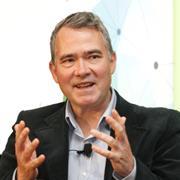
James Leibold
Organisation: No organisation
Bio: Leibold has a history of collaboration with ASPI co-authoring reports.
Social Media: Link
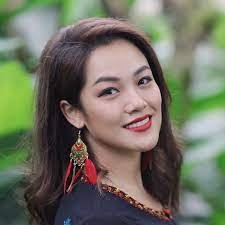
Li Jingjing
Organisation: No organisation
Bio: Li Jingjing is a Chinese journalist, analysing world news from a non-Western perspective. As the world moves into a new multipolar reality, it is more important than ever to understand China and the global south. Li tries to move beyond the mainstream talking points and bring a new perspective. She was born and raised in China and educated in journalism both in China and the UK. Having travelled across the world and having worked as an editor and reporter for several media outlets in China, Li understands the importance of bridging the gap between western and Chinese media. "I'm tired of seeing my own culture and country being misrepresented, so I've decided to use my own social networks to show the sides of stories that many media in the West ignored, twisted, misunderstood, or misrepresented. If you want to hear real stories from China, if you are willing to be challenged and hear the other side of the story, follow my journey, I'll show you the world through my lens."
Social Media: Link

Michael Clarke
Organisation: No organisation
Bio: Clarke has an extensive record of peer review publication including one sole authored book, one co-authored book, 7 edited books and over 50 journal articles. In addition, his commentary is regularly published by national and international media outlets such as the Wall Street Journal, South China Morning Post, Foreign Policy, The National Interest, CNN and The Diplomat.

Nathan Ruser
Organisation: No organisation
Bio: Described as a 'researcher', Ruser`s expertise is apparently in "Satellite data Open Source intelligence". Open Source Intelligence is a contrived label for the study of publicly available data using quantitative methods. It is popular among intelligence organisations and think tanks. It has been described as "ethical hacking". Ruser studied Xinjiang deradicalisation centres extensively via satellite imagery, drawing dubious conclusions on the nature of the buildings examined based on flawed assumptions.
Social Media: Link

Zhao DaShuai 东北进修🇨🇳
Organisation: No organisation
Bio: People's Armed Police Propaganda Bureau; On Twitter to improve English &Propaganda skill; all forms of media are propaganda, we're just more honest about it.
Social Media: Link